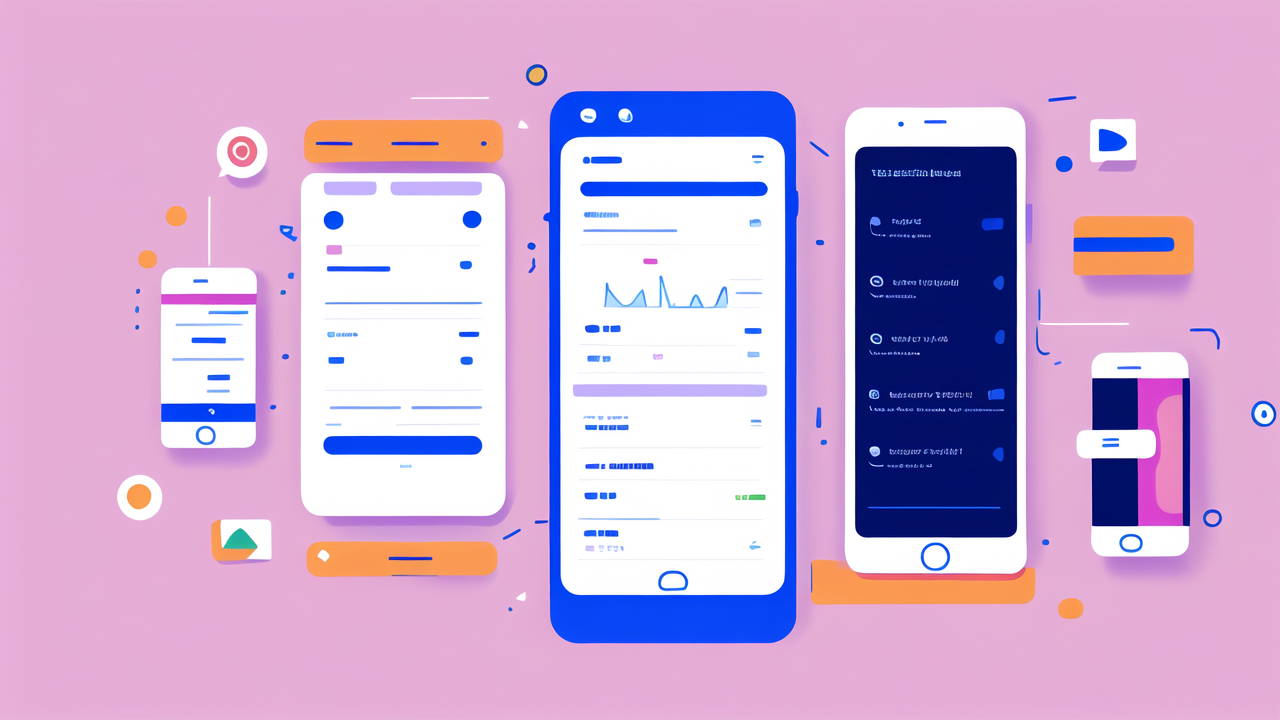Understanding the Evolution of Fitness Tracking Technologies
The Emergence of Smartwatches and Their Impact on Fitness Tracking
Smartwatches have changed how we track fitness. They do more than tell time. These devices monitor health and daily activities. Body measurement trackers are now built into smartwatches. They count steps, measure heart rate, and track sleep patterns. Some even check blood oxygen levels. This data helps people understand their health better. It motivates them to stay active. Smartwatches make fitness tracking easy and fun. They've made more people interested in their health. Having all this data on your wrist is very handy. It's like having a personal health coach with you all the time. Smartwatches blend style with function. They make health tracking a part of daily life. The impact on fitness is big. Users can see their progress in real-time. Body measurement trackers in smartwatches offer detailed insights into physical changes.

Advancements in Fitness Tracking Accuracy and Integration
Fitness tracking tech has improved a lot. Devices are now more accurate and reliable. They can track many different activities. Many trackers work with other smart devices. This gives a fuller picture of your health. Data from various sources can be combined. Users get a complete view of their fitness. Trackers now monitor stress and recovery time. Some can detect irregular heart rhythms. It's easier to access data through smartphones. Users can check their stats anytime. Setting and tracking fitness goals is simpler. The accuracy keeps getting better. This makes these devices useful for casual users and athletes. The integration with other tech makes the data more valuable. Body measurement trackers offer more precise data. They can track changes in body composition over time. This helps users see the results of their fitness efforts more clearly. Smart watches can now show detailed monitoring images.
Regulatory Challenges in the Fitness Tracking Industry
The fitness tracking industry faces many challenges. Privacy is a big concern. People wonder how companies use their health data. Some countries have strict rules about health information. This is hard for global companies. The industry must balance new ideas with privacy. Clear rules are needed for data use and storage. Companies need to be open about what they do. Users want control over their information. New laws are being made to protect consumers. The industry is changing to meet these rules. It's an ongoing process. It shapes how fitness tracking will work in the future. Companies must keep up with new regulations. They need to follow laws in different countries. This is complex but important for user trust. The challenge is to innovate while respecting privacy. Body measurement trackers collect sensitive data. This makes the regulatory landscape even more complex.
The Role of Fitness Trackers in Modern Fitness Regimes
Personalized Training Programs with Fitness Tracking Data
Fitness trackers enable custom workout plans. They gather data on your activities and health. This data helps create plans just for you. You can set goals based on your fitness level. The tracker watches your progress. It can suggest changes to your routine. This makes workouts more effective. It helps prevent burnout and injury. Many find this personalization motivating. It's like having a trainer on your wrist. The tracker tells you when to push harder. It also tells you when to rest. This helps you reach your fitness goals safely. You can share data with coaches for expert advice. The tracker learns your habits and adapts. It can spot trends in your fitness over time. This helps you make better health choices. Body measurement trackers offer even more detailed insights. They can track changes in muscle mass, body fat, and other metrics.

Fitness Trackers and the Promotion of Wellness and Health Awareness
Fitness trackers promote overall wellness. They remind you to move more and sit less. Many encourage drinking water regularly. Some suggest mindfulness or meditation. These devices make you aware of daily habits. They help you find ways to improve your health. Many users feel more in tune with their bodies. Trackers motivate healthier choices. They're tools for long-term health promotion. You can see how small changes affect your health. This visual feedback is very motivating. It helps people stick to health goals. Trackers make it easier to form good habits. They constantly remind you of your health goals. This awareness can lead to lasting lifestyle changes. Trackers can show progress you might not notice. This can be very encouraging. They help create a more health-conscious society. By making health data visible, trackers empower users to take control of their wellness. Body measurement trackers add another layer of insight.
The Influence of Fitness Trackers on Professional Athletes and Teams
Pro athletes and teams use fitness trackers a lot. These devices help improve training and performance. Coaches can watch player fatigue and recovery. Teams use data to prevent injuries. They also use it to improve game plans. Athletes track progress and set new goals. Many sports now allow trackers in competitions. This data can change game tactics. It can affect player rotations too. Fitness trackers are key tools in pro sports now. They're changing how athletes train and compete. Trackers help athletes know their limits. They can stop overtraining and lower injury risk. Teams can make smart choices about player health. This can lead to better performance. It can also make careers last longer. The use of trackers in sports keeps growing. It's becoming a standard part of athletics at all levels. Body measurement trackers offer even more detailed insights for athletes. They can track muscle growth and body composition changes over a season.
The Future of Fitness Tracking: Trends and Predictions
Innovations on the Horizon: What's Next for Fitness Tracking Devices?
The future of fitness tracking looks exciting. We might see new health monitoring features. Devices could track nutrition and hydration. Some might detect early signs of illness. AI could give more personal insights. VR might be used for immersive workouts. Trackers could become even smaller and more comfortable. Battery life will likely get much better. We may see new types of devices, not just wrist-worn ones. The goal is to make tracking easy and complete. Future devices might analyze sweat for health info. They could give real-time feedback during workouts. Some may even track mental health and stress. These new ideas could change how we manage health. Trackers might connect with smart home devices. They could adjust your environment for better sleep or workouts. Body measurement trackers might become even more precise. They could offer 3D body scans and detailed composition analysis.

Ethical Considerations and Data Privacy in the Age of Fitness Tracking
Data privacy is a big concern in fitness tracking. Users worry about who sees their health data. They question how companies use this info. Some fear discrimination based on fitness data. We need clear rules for data use. Users should control their personal information. Companies must be open about data collection. Using fitness data ethically is crucial. Balancing new tech with privacy is hard. Users must trust that their data is safe. Companies should only use data as promised. Strong security measures are needed. The industry must work with lawmakers on clear rules. These issues will shape future fitness tech. There's a debate about who owns the data. Should it be the user or the company? The answers will affect how we use these devices. Privacy concerns could limit some features. But they could also lead to better data protection. The future of fitness tracking depends on solving these ethical challenges. Body measurement data is especially sensitive and needs strong protection.
The Potential Growth of the Fitness Tracking Market in the United States
The U.S. fitness tracking market is growing fast. More people care about health and wellness. Smartwatches and fitness trackers are getting cheaper. Older people are using them for health monitoring. Insurance companies offer rewards for using trackers. This could make the market grow even more. Healthcare systems are starting to use these devices. Better features and accuracy will attract new users. The market might expand beyond personal use. We could see trackers become common in healthcare. Schools might use them to promote student health. Workplaces could use them for employee wellness. The potential uses are vast and growing. This growth could lead to more new ideas. It could improve health outcomes for many people. The market might focus more on specific health issues. Mental health tracking could become more common. Body measurement trackers could become more advanced. They might offer more detailed health insights. The U.S. market could set trends for global fitness tech. As technology improves, the market is likely to keep expanding.




Leave a comment
This site is protected by hCaptcha and the hCaptcha Privacy Policy and Terms of Service apply.